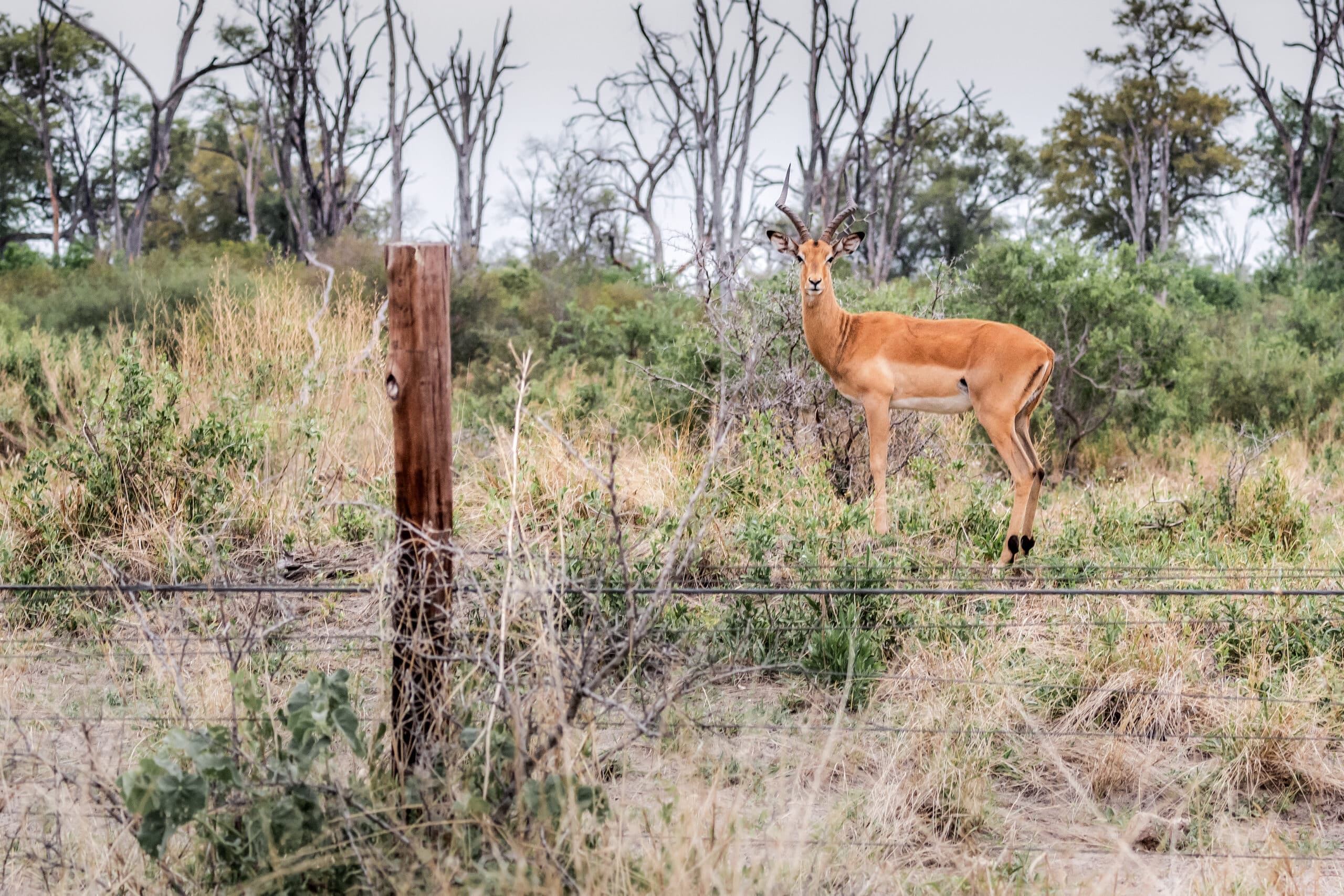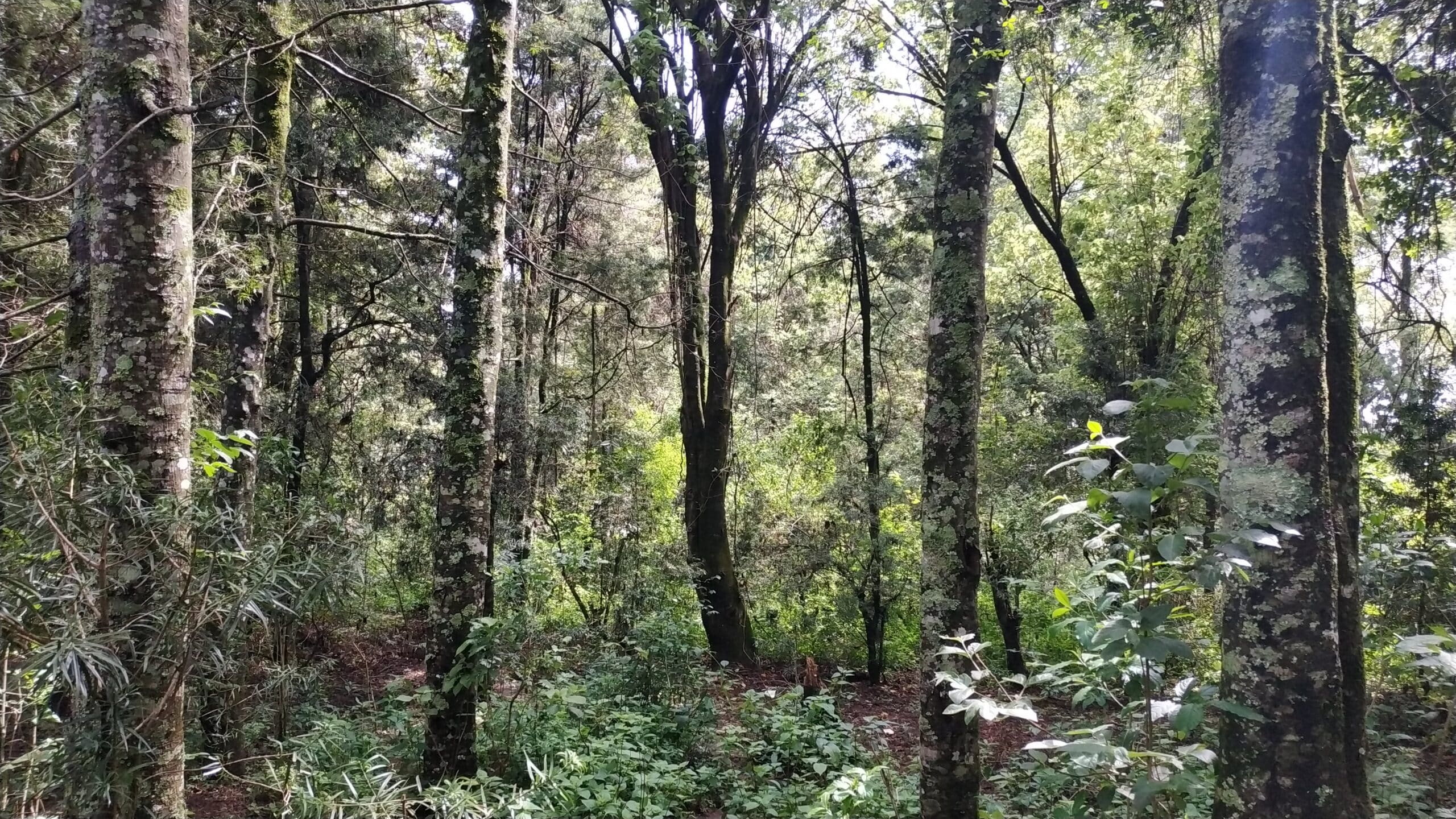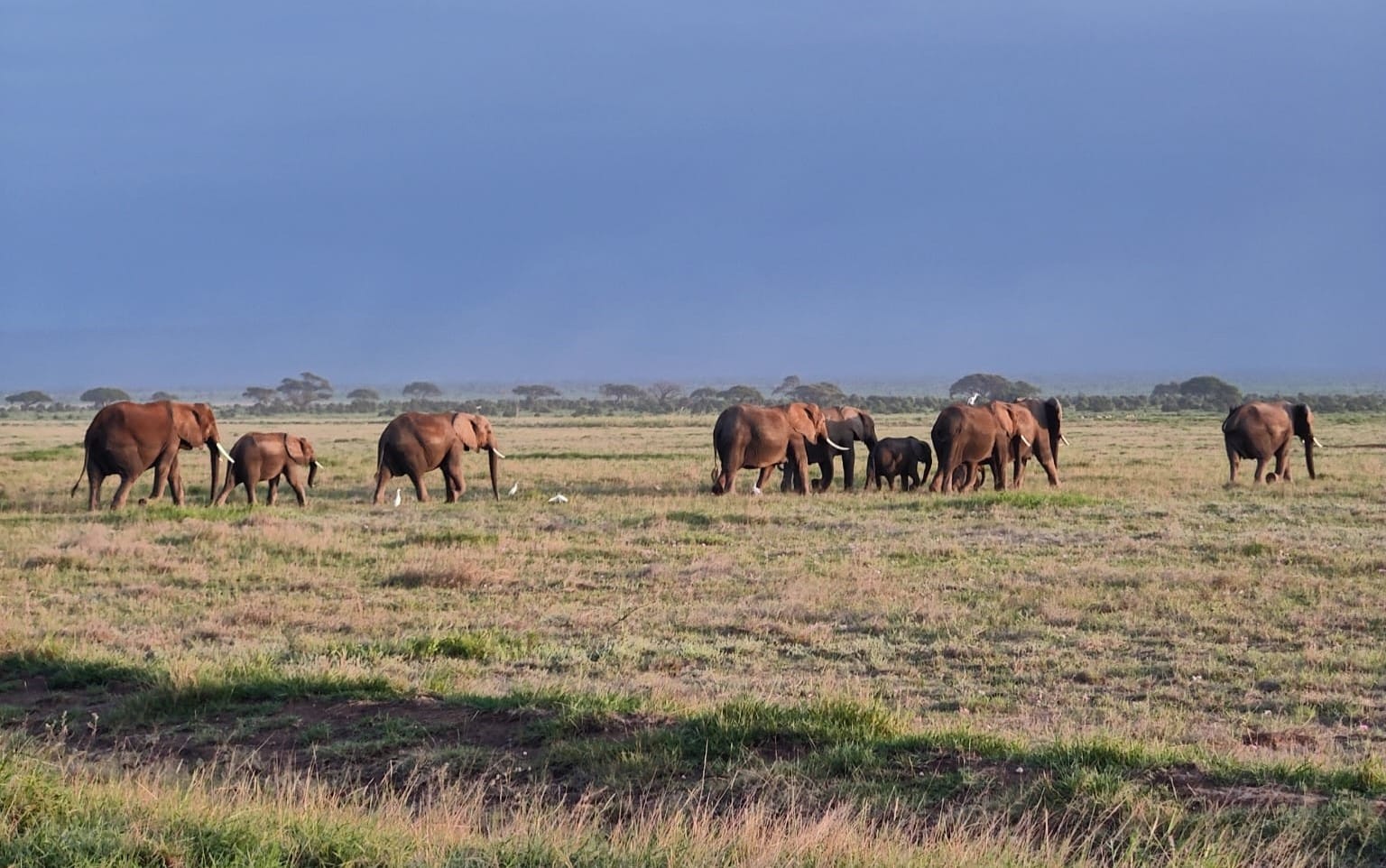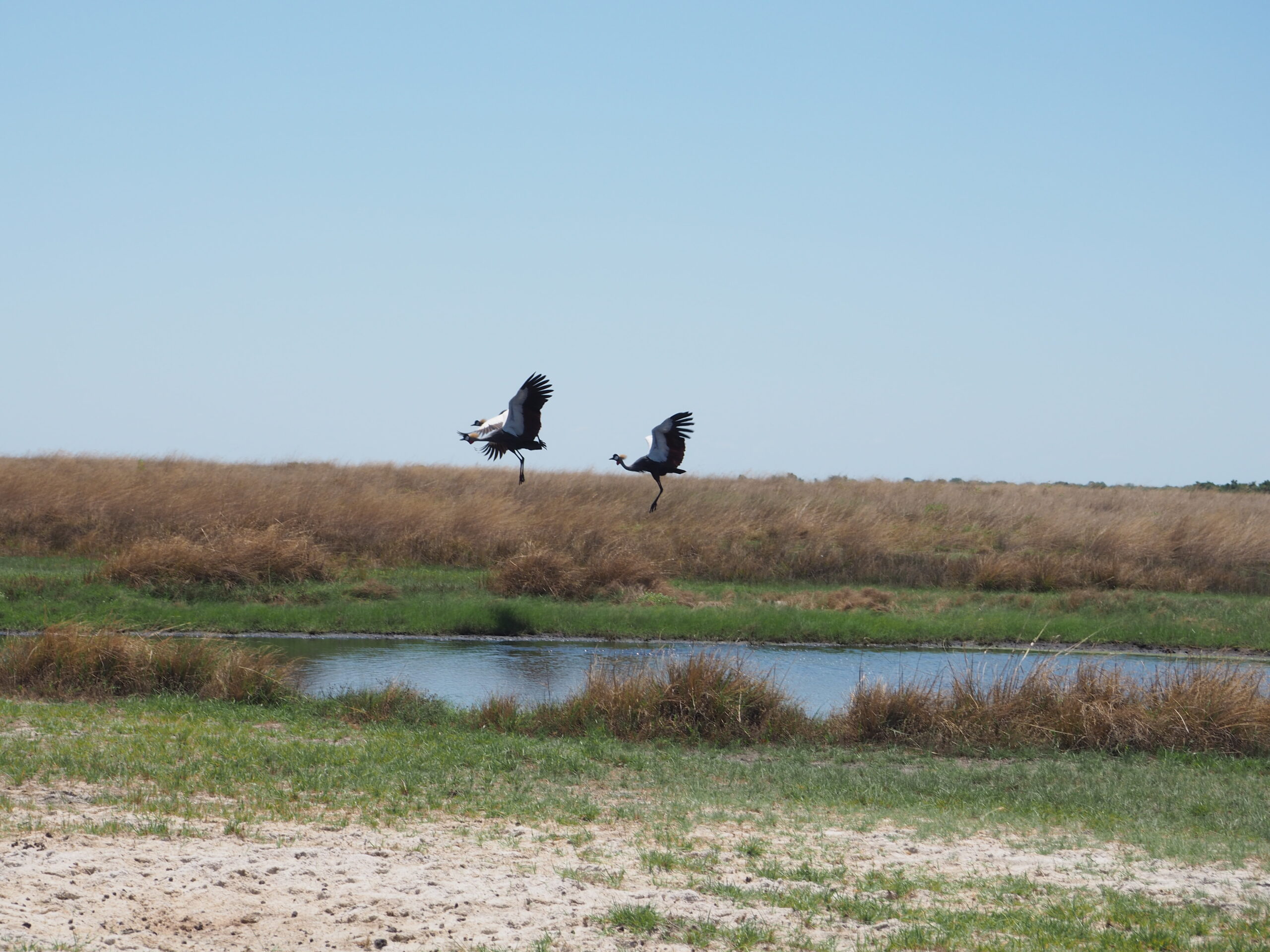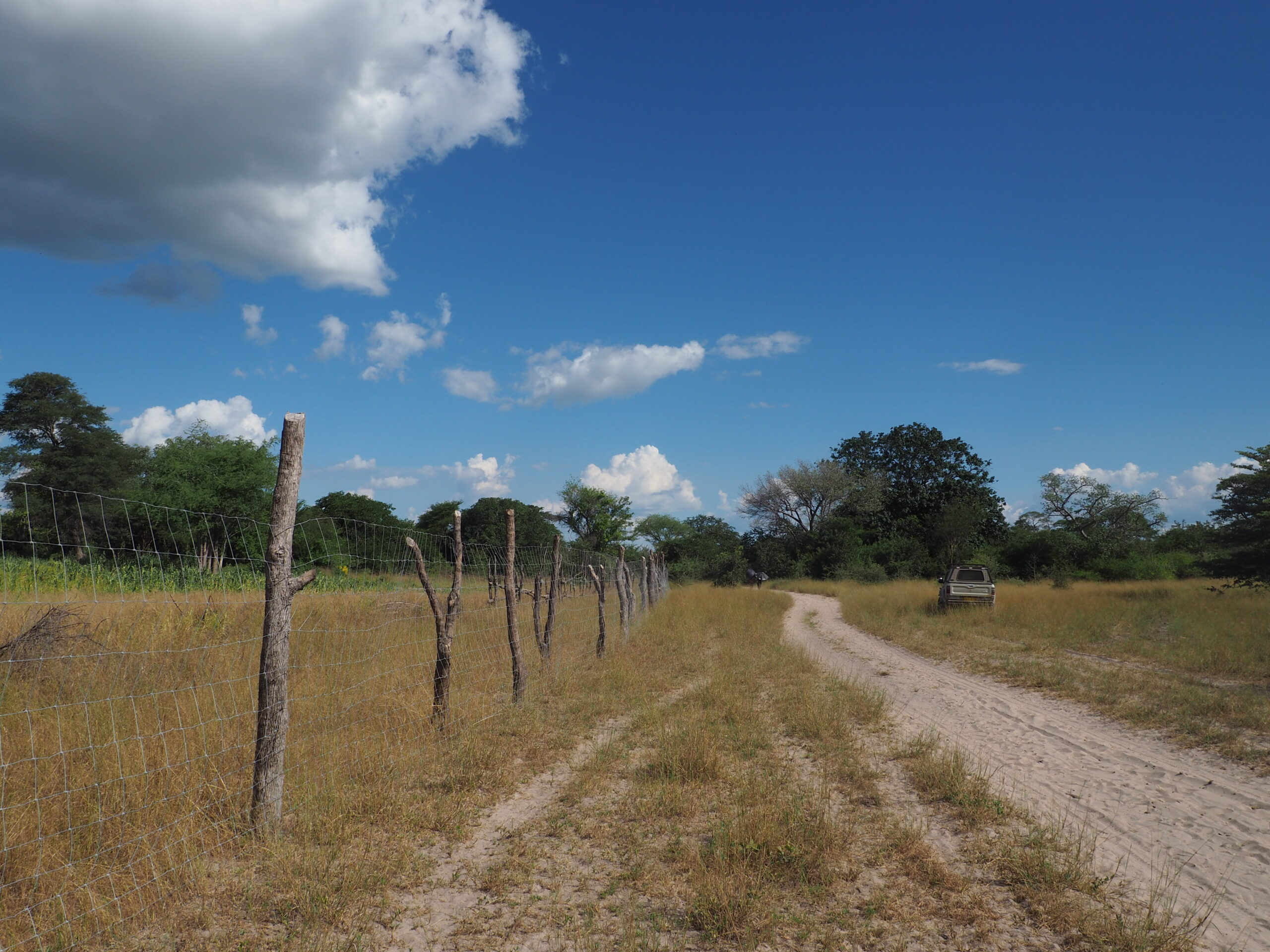Photo by Jeroen van Rooyen
The wildlife-livestock interface (WLI) is an ecological concept that describes the spatial dimension of encounters between wild and domestic animals (Kock, 2005; Vicente, Vercauteren, & Gortázar, 2021). Such encounters are either direct or sympatric through shared pasture, and are often considered conflictual (du Toit, Cross, & Valeix, 2017). These encounters are mediated WLIs, which can be arranged in different ways. This workshop aims to bring together scholars and practitioners focusing on northern Botswana to stimulate a discussion on the role of the regional WLIs in shaping multispecies encounters. We will discuss how the WLIs in northern Botswana have come into being historically, and what are their impacts on wildlife, livestock, people and their inter-relations. By foregrounding the role of the WLI itself, the workshop aims to promote reflections on past, present and future arrangements. More than just a given spatial setting, in this perspective, WLIs are crucial sites of intervention and management.
Date and time: 2nd of December 2024, 08:30-17:00 Central African Time (07:30-16:00 Central European Time)
Venue: Maun Lodge, Maun
Organizers: Wisse van Engelen (University of Cologne), Nlingisisi Babayani (Okavango Research Institute)
Online participation: https://uni-koeln.zoom.us/j/94766948170?pwd=ltGTNALQEp1PRu9mWFZFg4PPtqggt9.1
Programme (times are shown in Central African Time)
08:30-09:00
Nlingisisi Babayani – Welcome address
Participant round-table self-introductions
Session one – histories of the wildlife-livestock interface
09:00-09:45
Wisse van Engelen & Arnold Maekopo – The erection of the Southern Buffalo Fence: disease control, wildlife conservation and rural livelihoods in the Okavango Delta
09:45-10:30
O. L. Kupika & S. Gwatibaya – A bibliometric and scoping review of wildlife-livestock interactions research under changing climatic conditions in Botswana, 1990–2024
10:30-11:00
Coffee
Session two – the wildlife-livestock interface and communities
11:00-11:45
Nelson K. Sello – Pain in the beauty: When local communities are losers in their own land
11:45-12:30
Siamisang Sehuhula, Olekae T. Thakadu & Wame L. Hambira – Appropriation of Mobile Phones in Human Wildlife Conflict Mitigation in the Chobe Enclave, Botswana
12:30-13:30
Lunch
Session three – coexistence across the wildlife-livestock interface
13:30-14:15
Richard Fynn – Strategic management of livestock to improve local community livelihoods and biodiversity conservation in African savannahs: a conceptual basis for wildlife–livestock coexistence
14:15-15:00
Gobopaone Senatla & Jack Ramsden – CLAWS: Mitigating Conflict through Lion Conservation and Communal Herding
15:00-15:30
Coffee
Session four – student poster session
15:30-17:00
Amogelang Ramathele. Impacts of transboundary animal disease, veterinary control measures on human-wildlife-livestock interface in Northwest District, Botswana since 1970
Ronaldo Katlego Lenyeletse. Governance challenges and policy responses in wildlife-livestock interactions: A public administration perspective in northern Botswana
Katlego Tiny Rantshobotho. Ecological dynamics of wildlife-livestock interfaces in northern Botswana
Hope Bungile. Unravelling the complex dynamics of wildlife-livestock interfaces in northern Botswana
Mogakolodi Letsweletse Motingwa. Innovative fencing solutions to prevent wildlife-livestock overlap in northern Botswana
Arona Obakeng Moswang. The role of community trusts and their collaborative relations in managing wildlife-livestock interfaces: A case study of Etsha village, northern Botswana

